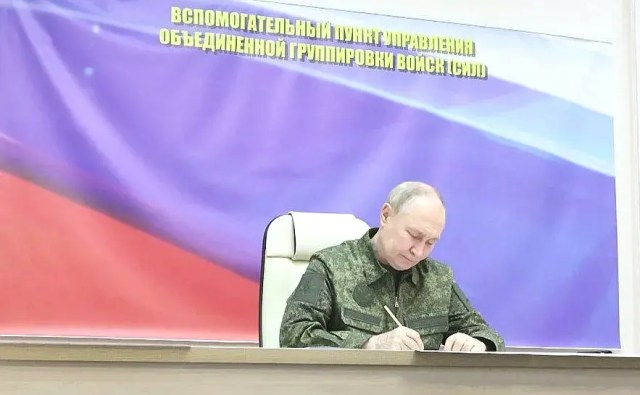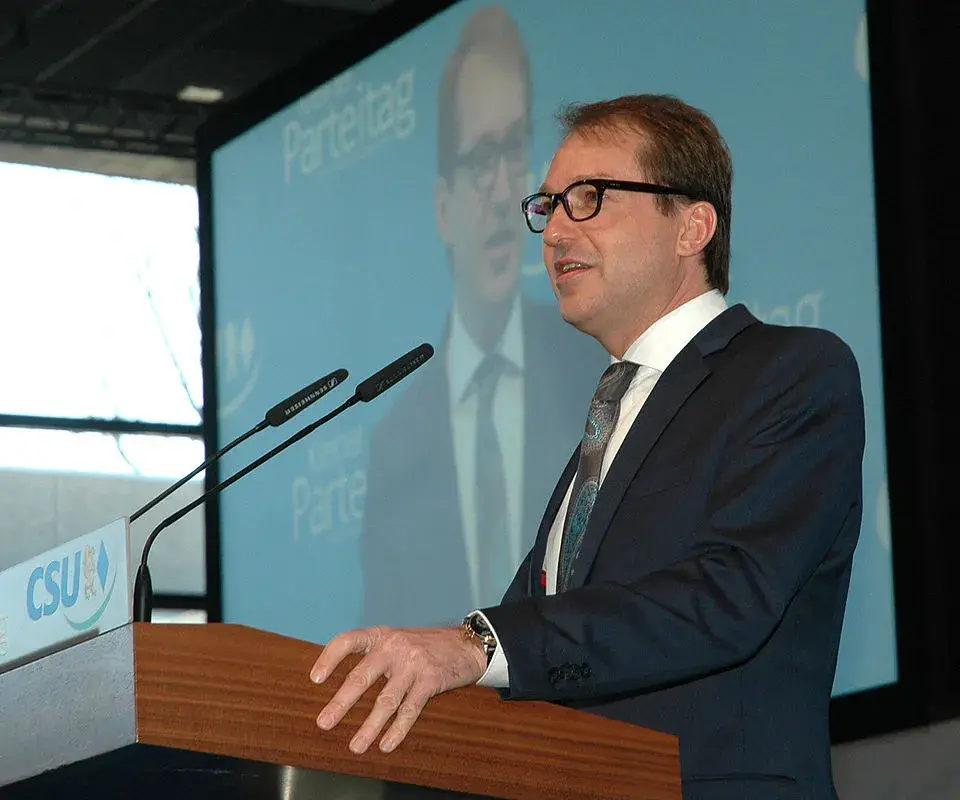According to the Ukrainian President Volodymyr Zelensky, some 50,000 Russian troops are now positioned in the area, giving Moscow sufficient strength to launch new offensive operations against Sumy.

Ukraine warned on Thursday that Russia is steadily mobilizing more officers and troops in the Kursk region, signaling preparations for an intensified offensive on Sumy, the northeastern border region.
“The enemy has a really large number of forces and equipment, both personnel and military hardware, within the Kursk region,” said Andriy Dechenko, spokesperson for Ukraine’s Border Guard. He added that the numbers “periodically change,” indicating Russia’s sustained effort to strengthen its forces along this front.
According to President Volodymyr Zelensky, some 50,000 Russian troops are now positioned in the area, giving Moscow sufficient strength to launch new offensive operations against Sumy.
Just last week, Russian President Vladimir Putin announced that the army would begin implementing its strategy to create a “security zone” along the border with Ukraine, focusing on Sumy and Kharkiv. The goal, he said, is to push deeper into Ukrainian territory and drive Ukrainian forces back across the border.
In line with these plans, Russia’s Defense Ministry claimed the capture of several towns in recent days. On Wednesday, Russian Northern Forces units took Kostyantynivka, just one kilometer south of the border in Sumy, and Stroyevka, in Kharkiv. Earlier, Moscow announced the capture of Bilovody on the Snagost River and Volodymyrivka, two kilometers from Kursk. Over the weekend, Russian troops seized Loknya and Radkivka in Kharkiv, amounting to four new positions in Sumy and two in Kharkiv within a week.
On the other side, Ukraine has intensified its aerial strikes against key Russian infrastructure. On Wednesday, Ukraine’s General Staff confirmed a series of operations near Moscow targeting drone production facilities, missile factories, and microelectronics plants, causing major fires and rendering several sites inoperable.
Among the targets were the Kronstadt plant in Dubna, where various types of unmanned aerial vehicles and control systems were manufactured; the Raduga plant, which supplied Russia with Kh-101, Kh-555, Kh-69, and Kh-59MK cruise missiles; the Astrem plant, which produced microelectronic components for military use; and the Dmitrovski plant, involved in the synthesis of key chemicals for gunpowder, missile additives, and aviation fuel.
Amid this escalation, both sides are cautiously engaging in U.S.-brokered peace negotiations. On Wednesday, the Kremlin announced its readiness for a second round of talks in Istanbul on June 2, where each party is expected to present memorandums outlining their respective conditions for ending the war.
While Zelensky did not rule out attending the talks, he insisted that Russia submit its document in advance, citing concerns it might be filled with “unrealistic ultimatums” — a request Putin has rejected.
Kremlin spokesman Dmitry Peskov criticized Kyiv’s demands as “unconstructive,” saying, “We will not publicly discuss the content of these drafts (…) because all negotiations must be conducted behind closed doors.”
Zelensky, however, voiced skepticism, warning that he does not yet sense any “readiness or desire” from the Russian side to take meaningful steps toward peace. “I do not see Putin’s willingness to end the war; I do not feel it,” he lamented.
Keep Independent Journalism Alive
In a world flooded with noise, independent journalism is more vital than ever. We work hard to bring you clear, accurate, and unbiased international news — free from corporate or political influence.If you believe in the power of honest reporting, please consider making a donation. Every contribution, big or small, helps us stay independent and keep the world informed.
Support us via PayPalYour support makes a difference.


